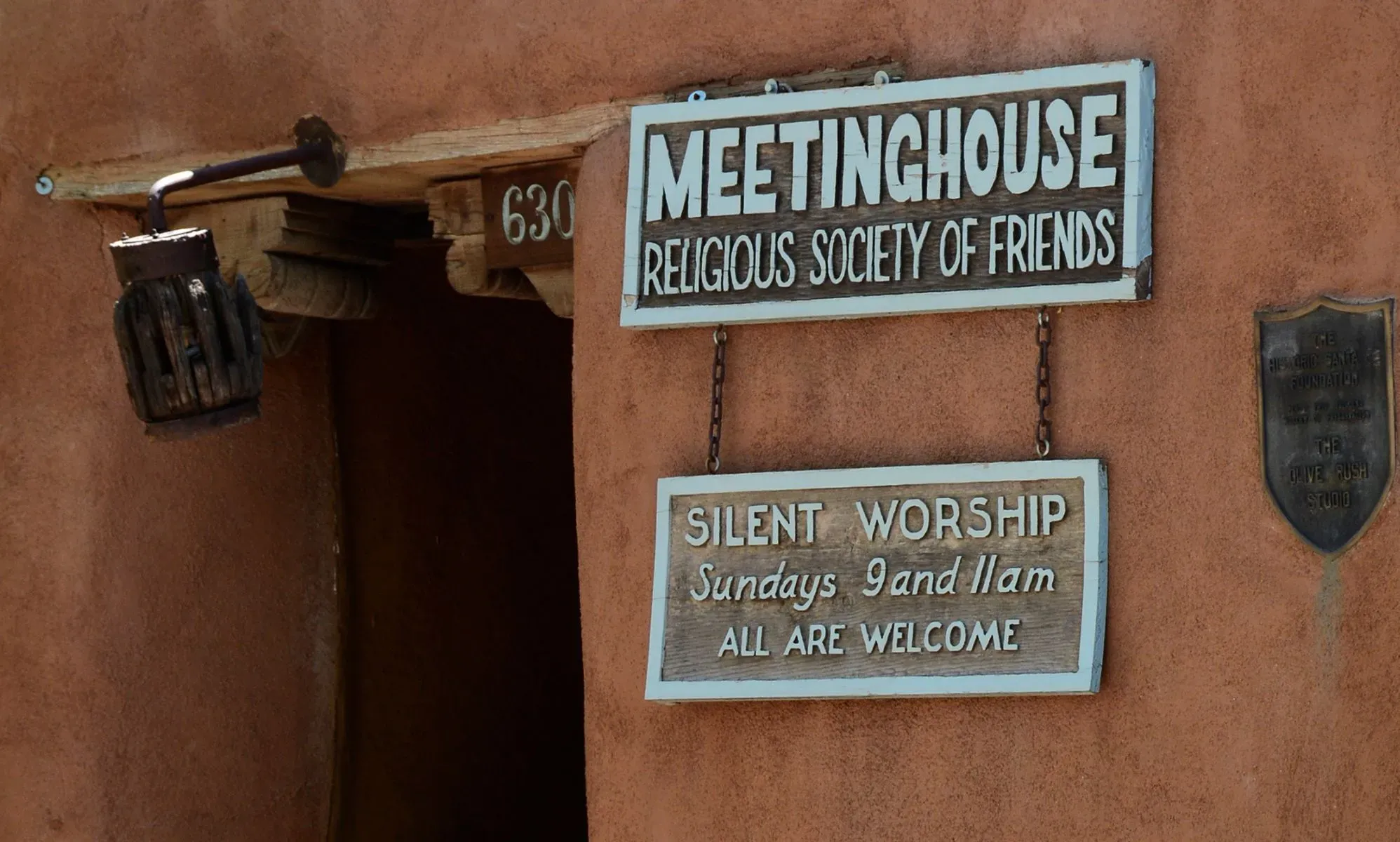Uncovering the Quakers: The Surprising Influence of America’s Hidden Spiritual Movement
Quakerism, a spiritual movement that emerged in the mid-17th century, has often been overlooked in discussions about America’s religious landscape. With its roots in England, Quakerism arose as a response to the perceived shortcomings of the Church of England, emphasizing a direct experience of God and inner spirituality. This article explores the significant yet often hidden influence of Quakers on American society, particularly in areas of social justice, peace, and equality.
The Origins of Quakerism
Quakerism originated in England during a period of significant religious and social upheaval. Founded by George Fox and others, the movement sought to provide an alternative to the rigid structures of established churches. Early Quakers emphasized the importance of personal revelation and the belief that everyone could have a direct relationship with God without the need for clergy.
- Key Principles:
- Inner Light: The belief that there is something of God in everyone.
- Simplicity: A lifestyle that reflects the values of peace and integrity.
- Community: Emphasis on fellowship and mutual support among members.
This radical vision of spirituality attracted many followers, leading to the establishment of Quaker meetings and communities across England and eventually in America.
Quakers and the Abolition of Slavery
One of the most significant contributions of Quakers to American society was their pivotal role in the abolition of slavery. As early as the late 17th century, Quakers began to develop a consciousness regarding the moral implications of slavery. They were among the first groups to actively campaign against the practice, advocating for the rights of enslaved individuals.
- Notable Figures:
- Benjamin Lay: A disabled abolitionist who famously protested against slavery in the 18th century.
- Lucretia Mott: A prominent Quaker who played a crucial role in the women’s rights movement and the abolitionist movement.
The Quaker commitment to equality and social justice led to their involvement in various reform movements, making them early champions of human rights.
Quaker Values in Action
The Quaker movement is characterized by its unwavering commitment to peace, social justice, and equality. These values have inspired Quakers to engage in various social issues throughout history, from advocating for women’s rights to promoting nonviolent conflict resolution.
- Peace Testimony: Quakers are known for their stance against war and violence, often serving as mediators in conflicts.
- Social Justice Initiatives: Many Quakers have been involved in civil rights movements, labor rights, and environmental advocacy.
This dedication to social action reflects the Quaker belief that faith should be lived out through service to others.
The Legacy of Quakerism in America
Today, the influence of Quakerism can be seen in various aspects of American life. From the establishment of educational institutions to contributions in the arts and sciences, Quakers have left a lasting impact.
- Educational Contributions: Quakers founded several prestigious colleges, including Swarthmore College and Haverford College, promoting values of inclusivity and critical thought.
- Cultural Impact: Quaker principles have influenced American literature, philosophy, and social reform movements.
Despite their significant contributions, Quakers often remain a hidden spiritual movement within the broader context of American religion.
Challenges and Adaptations
While Quakerism has thrived in many areas, it has also faced challenges. The modern world presents new dilemmas that test the commitment of Quakers to their values. As society evolves, so too must the Quaker movement adapt to remain relevant.
- Maintaining Identity: As the world becomes more interconnected, Quakers grapple with how to preserve their unique identity while engaging with diverse cultures and beliefs.
- Modern Activism: The rise of social media and digital activism presents both opportunities and challenges for Quakers in their pursuit of social justice.
In navigating these challenges, Quakers continue to draw on their rich history and core principles to guide their actions.
Conclusion: A Hidden Influence
Quakerism’s influence on American society is profound yet often overlooked. From their early abolitionist efforts to their ongoing commitment to peace and social justice, Quakers have played a crucial role in shaping the moral landscape of the nation. As we uncover the layers of this hidden spiritual movement, it becomes clear that the Quaker legacy is one of resilience, compassion, and unwavering dedication to creating a more just world.
In recognizing the contributions of Quakers, we are reminded of the importance of inner spirituality, community, and the pursuit of equality. As America continues to confront social and moral challenges, the Quaker commitment to these values serves as a guiding light, encouraging individuals and communities to strive for a better future.






Leave a Comment